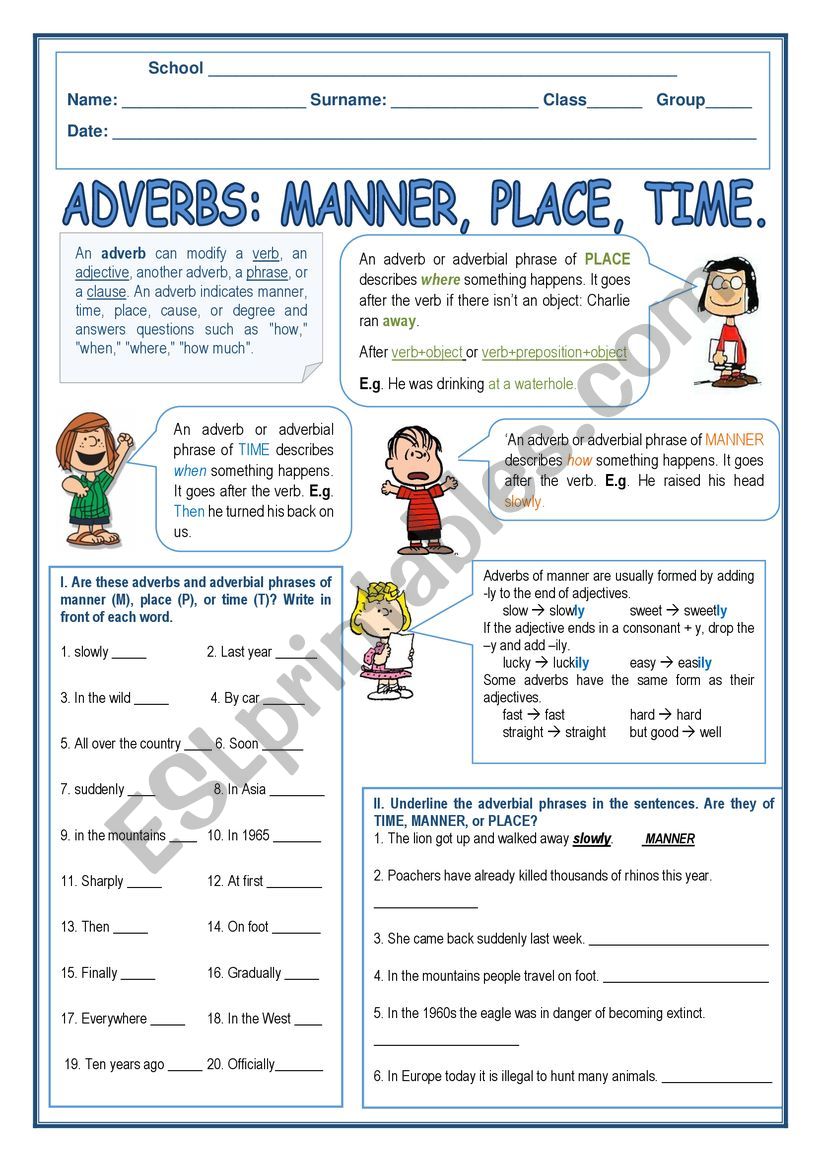

In a five-four split in R v Jordan, 2016 SCC 27 (CanLII), the majority overturned the framework for calculating unreasonable delay that was established in R v Morin, 1 SCR 771 (CanLII). On July 8, 2016, the Supreme Court of Canada decided two more appeals on section 11(b) of the Charter. I recently posted a comment on a Supreme Court of Canada decision, R v Vassell, 2016 SCC 26 (CanLII), involving section 11(b) of the Charter, which guarantees the right of any person charged with an offence to be tried within a reasonable time.
#On a timely manner trial
It’s also suitable to use this phrase as a stern reference and warning for the other person not to be late.PDF Version: Justice In a Timely Manner: The New Framework for Trial Within a Reasonable TimeĬases Commented On: R v Jordan, 2016 SCC 27 (CanLII) R v Williamson, 2016 SCC 28 (CanLII) Typically, you won’t use this in social situations as people might find it pompous.
#On a timely manner professional
You can use the term “ timely manner” in professional situations where you try to impress a speedy reply on someone to a task or query. Save this phrase for professional use only.

Some pole may use “ timely manner” in social situations, which makes you sound like a school teacher or a manager, and your friends will find it rather irritating that you are pushing them around. Ways People May Say Timely Manner Incorrectly The expression requests haste from the other person without being direct or pushy. The phrase is still in use today in modern language, and it’s common to hear it in business conversations, contract law, and formal requests for information. Some experts say the phrase had its origin in the mid-1900s, and it was common in project management where people would complete a task relating to the project in a “ timely manner” not to derail the project deadline. Still, most language experts believe it appeared in language for the first time towards the end of the industrial revolution, as people started to form businesses and contract law around commerce. No one knows the exact origin of this phrase. “We ask you to attend the service in a timely manner to avoid interruptions.” “It’s important that you get those emails out to your clients in a timely manner, or they are going to forget about your pitch.” “The court told the defendant to report for jail in a timely manner after sorting out their affairs.” “Our boss told us that we have to send all reporting through to him in a timely manner, or we’re out of a job.” “I hope you understand the importance of this document and that you need to submit it in a timely manner if you want to avoid the IRS auditing you.”

You could also say the phrase has the meaning of “delivering work to a given standard, within your budget, and on time.” Timely Manner Example Usage Typically, the phrase appears in business and the corporate world, and it’s part of formal internal communications, usually between management and lower-level employees. Most people understand that they have to drop everything and complete the task if they see this expression in the request. It’s a veiled threat, stating there will be consequences if you don’t get it back to them on time.Ī “ timely manner” could also be a polite way of telling someone to hurry up and complete the outstanding task without being forceful with your language. While the term is a polite way of telling someone you want something ASAP, it also has the tone of a threat in it. If you hear someone mention the phrase “ timely manner” in a conversation or document, they ask you politely to return them the requested information as soon as possible. This post unpacks everything you need to know about the meaning, origin, and use of this expression. Did you just receive an email from your boss requesting information from you in a “ timely manner?” If that’s the case, you had better drop what you’re doing and attend to the matter right now.


 0 kommentar(er)
0 kommentar(er)
